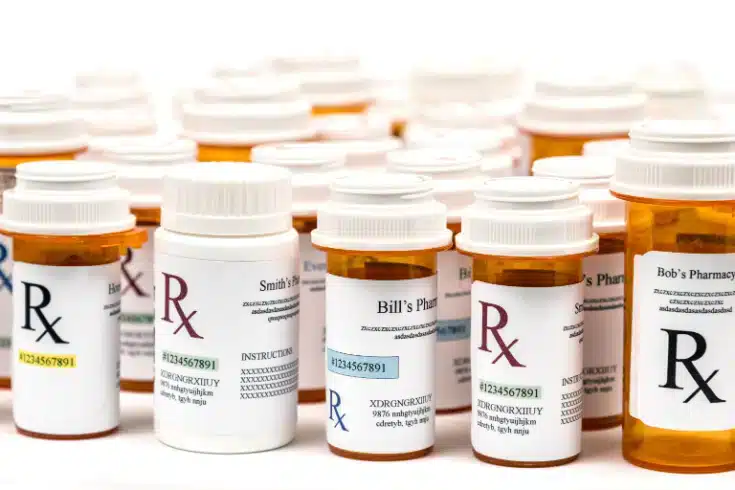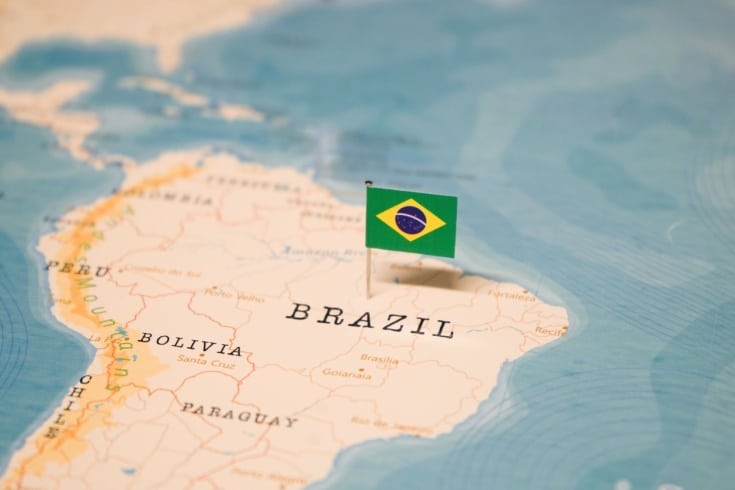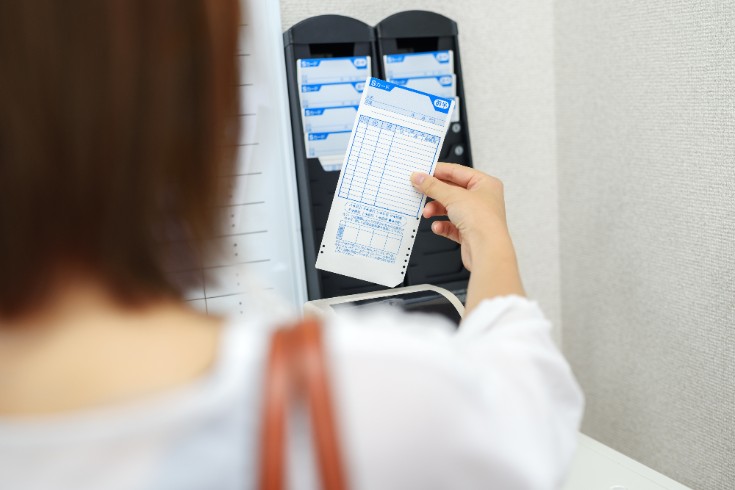What are the Advertising Regulations for CBD Products? A Lawyer Explains the Relationship with the Japanese Pharmaceutical Affairs Law and Other Related Laws
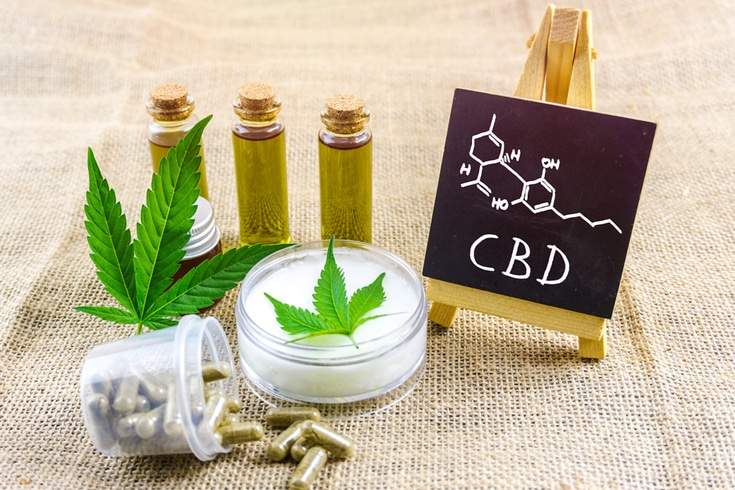
CBD (Cannabidiol) is one of the components found in what is commonly known as cannabis. Needless to say, in Japan, cannabis itself is illegal under the Japanese Cannabis Control Act. However, this “cannabis” is defined as “excluding the mature stalks of cannabis and their products (excluding resin), as well as the seeds of cannabis and their products” (Article 1 of the same Act). Therefore, since CBD is a component extracted from the stalks and seeds of cannabis, it can be legally sold in Japan.
Unlike THC, which is associated with the typical image of cannabis, such as euphoria, CBD is said to have calming and stress-relieving effects. CBD products, such as gummies, tablets, and oils that contain CBD, are purchased with the expectation of these effects, and can be legally sold in Japan.
However, CBD products are particularly sensitive to internet advertising regulations due to their effects and the fact that they have only recently started being sold in Japan. Depending on how the advertisement is written, there may be issues such as violations of the Japanese Pharmaceutical Affairs Law.
Below, we will explain the advertising regulations for CBD products.
What is “Advertising” Regulated by the Japanese Pharmaceutical and Medical Device Act?
The advertising regulations in laws such as the Japanese Pharmaceutical and Medical Device Act (薬機法) impose strict regulations on products that claim medicinal efficacy.
Firstly, “advertising” of pharmaceuticals and the like under the Japanese Pharmaceutical and Medical Device Act refers to:
It is clear that the intention is to attract customers (to stimulate the customer’s desire to purchase)
PDF: On the Applicability of Advertising for Pharmaceuticals and the Like under the Pharmaceutical Affairs Law.jn
The product name of a specific pharmaceutical or similar product is clearly stated
It is in a state that can be recognized by the general public
All things that meet these three conditions are referred to. Therefore, for the purpose of selling CBD products,
- Descriptions on EC sites
- Descriptions on LPs
- SNS posts made by influencer marketing
As long as they “attract customers”, they are considered advertising.
And in reality, there is basically no point in publishing information that does not “attract customers” on the web, so at least all promotional posts about specific products are considered “advertising” and are subject to regulation by the Japanese Pharmaceutical and Medical Device Act and its related rules.
Prohibition of Describing Medicinal Effects
Among the advertising regulations stipulated by the Japanese Pharmaceutical Affairs Law, the most important one in relation to CBD products is that you cannot claim effects or efficacy for which you have not received approval or certification.
For example, under the Pharmaceutical Affairs Law, a “medicine” is defined as something intended for “diagnosing, treating, or preventing diseases” or “affecting the structure or function of the body”, and is sold with approval for having such effects or efficacy. The effects or efficacy that can be claimed are limited to the scope of this approval.
In the case of health foods, cosmetics, and luxury goods, most are sold without approval for having effects or efficacy. In this case, except for some permitted expressions, it is not allowed to claim effects or efficacy.
As for CBD products, currently, they cannot receive approval for having unique effects or efficacy, so basically, they cannot claim such effects or efficacy.
What are the prohibited advertising expressions for CBD products?
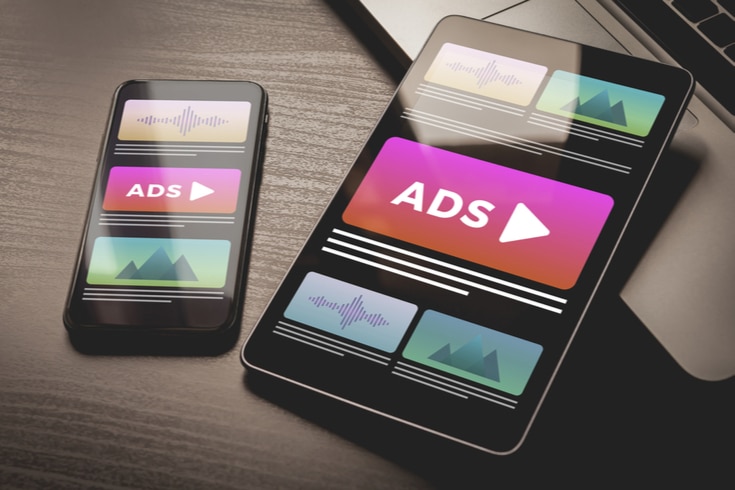
Advertisements stating “affects bodily functions” are not allowed
So, what kind of expressions are not allowed for CBD products because they have not been approved for their efficacy and effects?
For example, the efficacy and effects of pharmaceuticals, such as:
- Expressions that can be interpreted as having a therapeutic or preventive effect on any disease, etc.
- Expressions that can be interpreted as having an effect on bodily functions, etc.
are not allowed. Below, we will explain this with specific examples.
Descriptions related to stress, sleep, concentration, etc.
It is said that CBD components are expected to have effects such as stress relief and sleep improvement. However, this is exactly the “expression that is not allowed because CBD products have not been approved for their efficacy and effects”.
For example, expressions like “for those who lead a stressful life” or “for those who have trouble falling asleep” can be interpreted as having an effect on bodily functions such as stress relief and sleep promotion, and it is highly likely that they violate the Japanese Pharmaceutical Affairs Law.
There are some supplements that are sold as health foods containing elements of stress relief and sleep promotion effects, but these products often avoid violating the Pharmaceutical Affairs Law by being sold as functional foods containing ingredients such as theanine and GABA.
For CBD products that do not contain these ingredients, you cannot use the above expressions.
Descriptions related to skin, such as lip balm
It is also said that CBD components may have effects on acne and eczema.
For lip balms containing CBD, expressions like “skin roughness and acne” and “nurturing skin” can be interpreted as having a therapeutic effect on skin diseases such as skin roughness and acne, or an effect on bodily functions such as skin quality improvement, and it is highly likely that they violate the Pharmaceutical Affairs Law, as mentioned above.
On the other hand, if it has effects such as “conditioning the skin” and “providing moisture to the skin”, this can be noted as the efficacy of cosmetics.
Other descriptions
Although the efficacy and effects often claimed for CBD products are as mentioned above, it is believed that what has been problematic in the advertising of cosmetics and health foods in the past can be applied almost as is. This is because products such as cosmetics and supplements (health foods), even if they are not CBD products, have been advertised under the regulation that they are not allowed to claim the efficacy and effects of pharmaceuticals because they are not pharmaceuticals.
Points to Note Regarding Expressions about Side Effects, Addiction, and Safety

Relation with the Japanese Act against Unjustifiable Premiums and Misleading Representations
When advertising CBD products, not only the Japanese Pharmaceutical and Medical Device Act, but also the Japanese Act against Unjustifiable Premiums and Misleading Representations requires careful attention. The latter prohibits deceptive and exaggerated advertising, and making statements without a clear source can pose a risk of violating this law. In other words, for example, statements about side effects, addiction, safety, or the use of a product by a famous person are acceptable if there is a clear source, but making such statements without one is not allowed.
For instance, regarding side effects, addiction, and safety, the WHO report states:
No cases of abuse or dependence have been reported related to the use of pure CBD.
PDF: Preliminary Review Report on Cannabidiol (CBD).jn
However, using this as a basis to claim that “there is absolutely no risk of addiction or dependence” may not be entirely risk-free. It would be safer to say “there is little risk” or “it is highly safe”.
Relation between the Mention of “Side Effects” and the Japanese Pharmaceutical and Medical Device Act
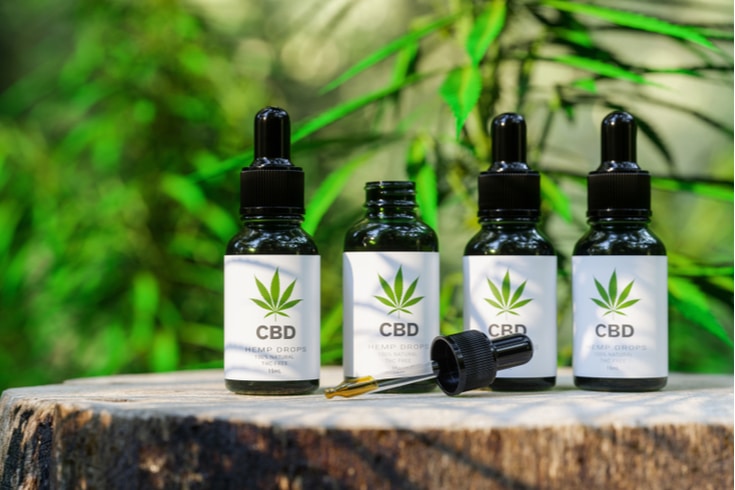
Moreover, the concept of “side effects” presupposes the existence of an “effect”. Therefore, stating that “there are no side effects” could easily lead to the interpretation that some other statement on the same page is claiming an “effect”, i.e., an unapproved efficacy or effect, which could be problematic.
Difference between “CBD Information Sites” and “Advertisements for Specific Products”
As we have been mentioning “NG” (No Good) so far, descriptions such as “CBD has a sleep-inducing effect (potentially)” are often found on the internet. Given the prevalence of such statements online, it’s easy to assume that it’s acceptable to use similar expressions in product advertisements. However, caution is needed in this regard.
As stated at the beginning, an “advertisement” is something where the “product name is clearly disclosed”. In other words, websites that purely describe the usefulness and potential of CBD components, without any connection to a specific product, are not directly subject to the advertising regulations of the Japanese Pharmaceutical Affairs Law.
- Websites that purely describe the usefulness and potential of CBD components
- Websites, landing pages, and social media posts for advertising specific CBD products
are subject to different legal scopes. Therefore, it is naturally possible that expressions allowed in the former may not be permitted in the latter.
Summary: Advertising Regulations for CBD Products needs Pharmaceutical Affairs Law and Other Laws to be Aware of
CBD products are relatively new to the market, and while there are people who purchase them in the hope of experiencing unique ‘benefits’ associated with CBD, it’s a delicate issue that these ‘benefits’ cannot be advertised unless they are officially approved. When selling or advertising these products, it would be advisable to seek support from a law firm with knowledge and expertise in the ‘Japanese Pharmaceutical Affairs Law’ and the ‘Japanese Act against Unjustifiable Premiums and Misleading Representations’.
Introduction to Our Firm’s Measures
In the operation of media marketing involving laws such as the Japanese Pharmaceuticals and Medical Devices Act and the Japanese Act against Unjustifiable Premiums and Misleading Representations, it is necessary to have lawyers with expertise in creating guidelines and conducting sampling checks. Details are provided in the article below.
Category: General Corporate





